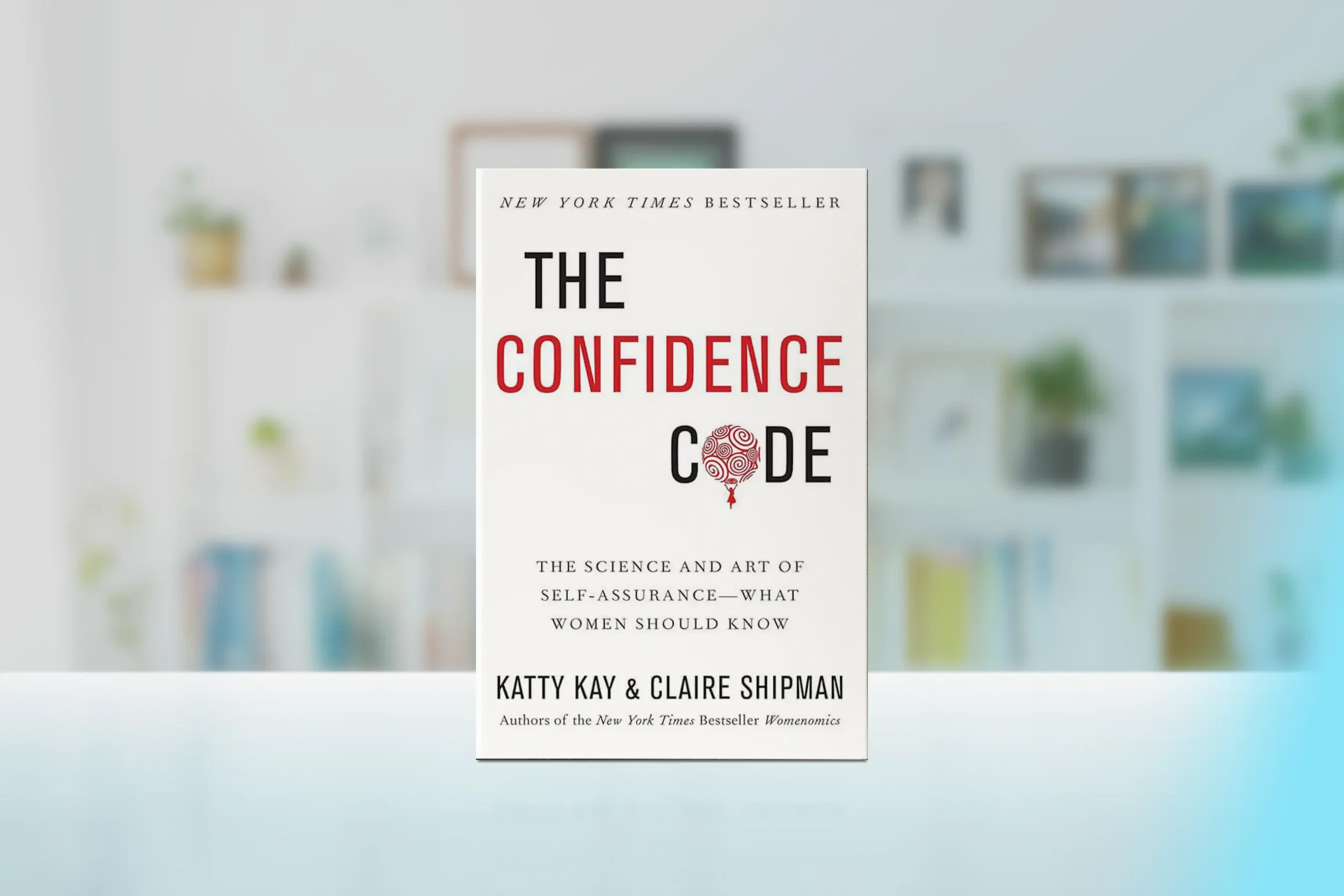Have you ever wondered why some people seem to navigate life with a clear sense of direction, while others struggle to find their path? Or why certain professionals excel in their careers with seemingly boundless motivation? The answer might lie in a powerful, yet often overlooked factor: purpose. But this isn’t just feel-good philosophy – it’s backed by robust scientific research.
In this article, we’ll dive deep into the science behind purpose and explore why it’s not just a nice-to-have, but an essential component for both personal fulfillment and professional success. We’ll uncover the biological, psychological, and social mechanisms that make purpose such a potent force in our lives. By the end, you’ll not only understand the ‘why’ behind purpose but also have practical strategies to harness its power for your own growth and success.
The Neuroscience of Purpose: How Purpose Rewires Our Brains
Recent advances in neuroscience have given us fascinating insights into how having a sense of purpose actually changes our brains. When we live with purpose, we’re not just adopting a mindset – we’re literally rewiring our neural pathways.
Key Neurological Findings:
- Increased Neuroplasticity: Studies show that individuals with a strong sense of purpose have greater neuroplasticity – the brain’s ability to form new neural connections. This enhanced plasticity is associated with improved learning, adaptability, and resilience.
- Activation of the Reward System: Engaging in purposeful activities triggers the release of dopamine, the ‘feel-good’ neurotransmitter. This not only makes us feel good but also reinforces purpose-driven behaviors.
- Reduced Stress Response: Purpose has been shown to decrease activity in the amygdala, the brain’s fear center, leading to lower stress levels and improved emotional regulation.
- Enhanced Cognitive Function: Individuals with a strong sense of purpose show better cognitive performance, including improved memory and decision-making skills.
These neurological changes don’t just make us feel better – they equip us with the cognitive tools necessary for personal and professional growth.
Reflection Prompt: Think about a time when you felt deeply engaged in a meaningful activity. How did it affect your mood, energy levels, and ability to tackle challenges? Can you connect this experience to the neurological benefits we’ve discussed?
The Psychology of Purpose: Fueling Motivation and Resilience
From a psychological perspective, purpose serves as a powerful internal motivator and a buffer against life’s inevitable setbacks. Let’s explore how purpose influences our mental processes and behaviors.
Key Psychological Mechanisms:
- Intrinsic Motivation: Purpose taps into our intrinsic motivation, driving us to act not for external rewards, but because the action itself is inherently satisfying.
- Goal-Directed Behavior: A sense of purpose provides a framework for setting and pursuing meaningful goals, leading to greater achievement and life satisfaction.
- Cognitive Reappraisal: Purpose enables us to reframe challenges as opportunities for growth, enhancing our resilience in the face of adversity.
- Self-Efficacy: Living with purpose boosts our belief in our ability to influence our life circumstances, leading to increased confidence and proactive behavior.
These psychological benefits of purpose are particularly crucial in our professional lives, where motivation and resilience are key to long-term success. For more insights on how purpose can fuel your career growth, check out our article on “Aligning Your Career with Your Life Purpose”.
Challenge: For the next week, start each day by writing down one way your daily tasks connect to your larger sense of purpose. Notice how this practice affects your motivation and attitude towards your work.
The Biology of Purpose: Impact on Physical Health and Longevity
The influence of purpose extends beyond our brains and behavior – it has tangible effects on our physical health. Research in the field of psychoneuroimmunology has revealed fascinating connections between purpose and bodily well-being.
Key Biological Benefits:
- Improved Immune Function: Studies show that individuals with a strong sense of purpose have better immune responses, making them more resistant to illness.
- Reduced Inflammation: Purpose is associated with lower levels of inflammatory markers in the body, which are linked to various chronic diseases.
- Better Cardiovascular Health: People with high levels of purpose have been found to have a lower risk of heart disease and stroke.
- Increased Longevity: Multiple studies have linked a strong sense of purpose to a longer lifespan, even after controlling for other factors.
These biological benefits underscore the profound impact that purpose can have on our overall health and longevity, creating a solid foundation for sustained personal and professional growth.
Reflection Exercise: Consider your current health habits. How might connecting these habits to your larger sense of purpose make them more sustainable? For instance, how could regular exercise or healthy eating support your ability to fulfill your purpose?
The Social Dynamics of Purpose: Enhancing Relationships and Leadership
Purpose doesn’t exist in a vacuum – it has powerful effects on our social interactions and our ability to lead and inspire others. Let’s explore how purpose shapes our social dynamics and leadership capabilities.
Key Social and Leadership Impacts:
- Improved Communication: People with a clear sense of purpose tend to communicate more effectively, articulating their ideas and values with greater clarity and conviction.
- Enhanced Empathy: Living with purpose often involves considering our impact on others, which can increase our empathy and emotional intelligence.
- Inspirational Leadership: Leaders who operate with a clear sense of purpose are more likely to inspire and motivate their teams, fostering a positive and productive work environment.
- Stronger Relationships: Shared purpose can deepen personal and professional relationships, creating stronger bonds and more effective collaborations.
These social benefits of purpose are crucial for both personal fulfillment and professional success, particularly in today’s interconnected world.
For a deeper exploration of how purpose can enhance your leadership skills, consider reading “Start with Why” by Simon Sinek. This influential book delves into how great leaders inspire action through a clear sense of purpose.
Challenge: In your next team meeting or social gathering, share something about your personal or professional purpose. Observe how this affects your interactions and the responses of others.
The Evolutionary Perspective: Why We’re Wired for Purpose
From an evolutionary standpoint, our capacity for purpose isn’t just a happy accident – it likely provided significant survival advantages to our ancestors. Understanding this evolutionary context can help us appreciate why purpose is so fundamental to our well-being and success.
Evolutionary Advantages of Purpose:
- Group Cohesion: A shared sense of purpose helped early humans form cohesive groups, improving their chances of survival.
- Long-term Planning: The ability to conceptualize and pursue long-term goals (a key aspect of purpose) allowed for better resource management and problem-solving.
- Resilience in Adversity: A sense of purpose beyond immediate survival likely helped our ancestors persevere through harsh conditions.
- Meaning-Making: The capacity to find meaning in experiences may have helped early humans cope with the awareness of their own mortality.
This evolutionary perspective helps explain why purpose feels so essential to our well-being – it’s deeply ingrained in our biological and psychological makeup.
Reflection Prompt: How does understanding the evolutionary roots of purpose change your perspective on its importance? Can you identify ways in which your sense of purpose might be serving similar functions in your life today?
Practical Application: Harnessing the Power of Purpose
Now that we understand the science behind purpose, how can we apply this knowledge to fuel our personal and professional growth? Here are practical steps to help you harness the power of purpose in your life:
- Purpose Discovery: Engage in regular self-reflection to uncover what truly matters to you. Consider your values, passions, and the impact you want to have on the world.
- Purpose Articulation: Write down your purpose statement. Be specific about how you want to contribute and grow.
- Goal Alignment: Review your personal and professional goals. Do they align with your purpose? Adjust as needed to ensure congruence.
- Daily Purpose Practice: Start each day by connecting your tasks to your larger purpose. This can boost motivation and satisfaction.
- Purpose-Driven Decision Making: When faced with choices, big or small, consider which option best aligns with your purpose.
- Purpose Sharing: Communicate your purpose with others. This can enhance your relationships and potentially inspire others.
- Regular Reassessment: As you grow and change, so too might your purpose. Schedule regular check-ins to reassess and refine your sense of purpose.
For more guidance on discovering and living your purpose, “The Path Made Clear” by Oprah Winfrey offers valuable insights and practical exercises to help you uncover and pursue your life’s purpose.
24-Hour Challenge: For the next 24 hours, consciously tie your activities to your larger sense of purpose. Before each task, ask yourself: “How does this contribute to my purpose?” At the end of the day, reflect on how this practice affected your motivation, focus, and satisfaction.
Embracing a Purpose-Driven Life
As we conclude our exploration of the science behind purpose, remember that understanding the ‘why’ is just the beginning. The real power lies in applying this knowledge to your daily life, allowing it to fuel your personal and professional growth.
Living with purpose isn’t about having all the answers or never facing challenges. It’s about having a north star that guides you through life’s ups and downs, providing meaning and direction even in difficult times. It’s about aligning your actions with your values and continuously growing towards your fullest potential.
The science is clear: purpose is not a luxury, but a fundamental need for our cognitive, emotional, and physical well-being. By cultivating and living your purpose, you’re not just enhancing your own life – you’re positively impacting those around you and contributing to the world in a meaningful way.
Final Reflection:
How has your understanding of purpose changed after learning about its scientific foundations? What’s one action you commit to taking this week to more fully align your life with your sense of purpose?
Remember, the journey to a purpose-driven life is ongoing. Each day presents new opportunities to grow, to contribute, and to live with intention. Your purpose is your unique gift to the world – by embracing it, you open the door to unprecedented personal and professional growth.
What will be your first step towards a more purposeful, science-backed approach to living and working?
For more insights on how purpose can help you navigate life’s challenges and achieve long-term happiness, explore our article on “The Role of Purpose in Achieving Long-Term Happiness”.





